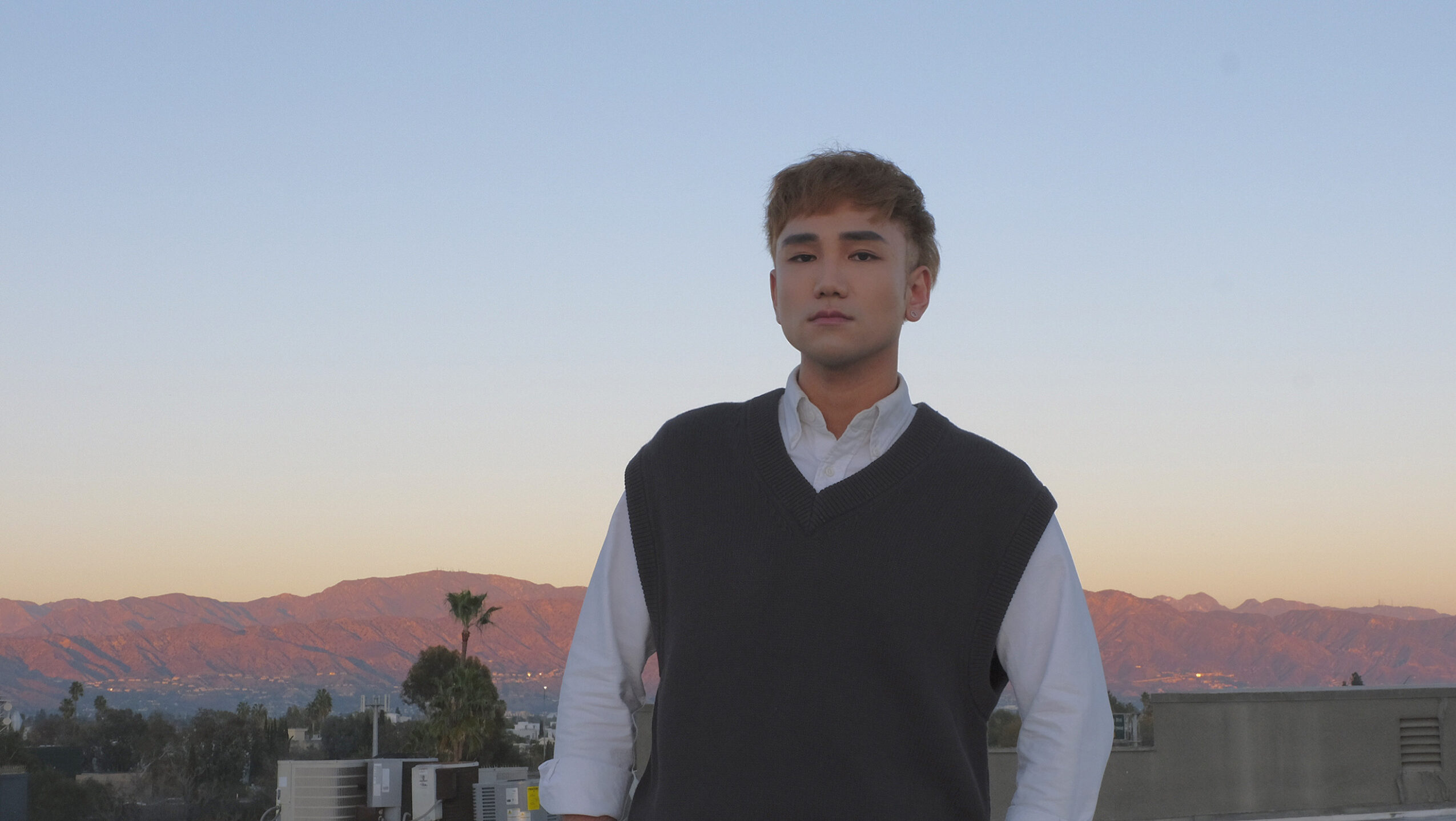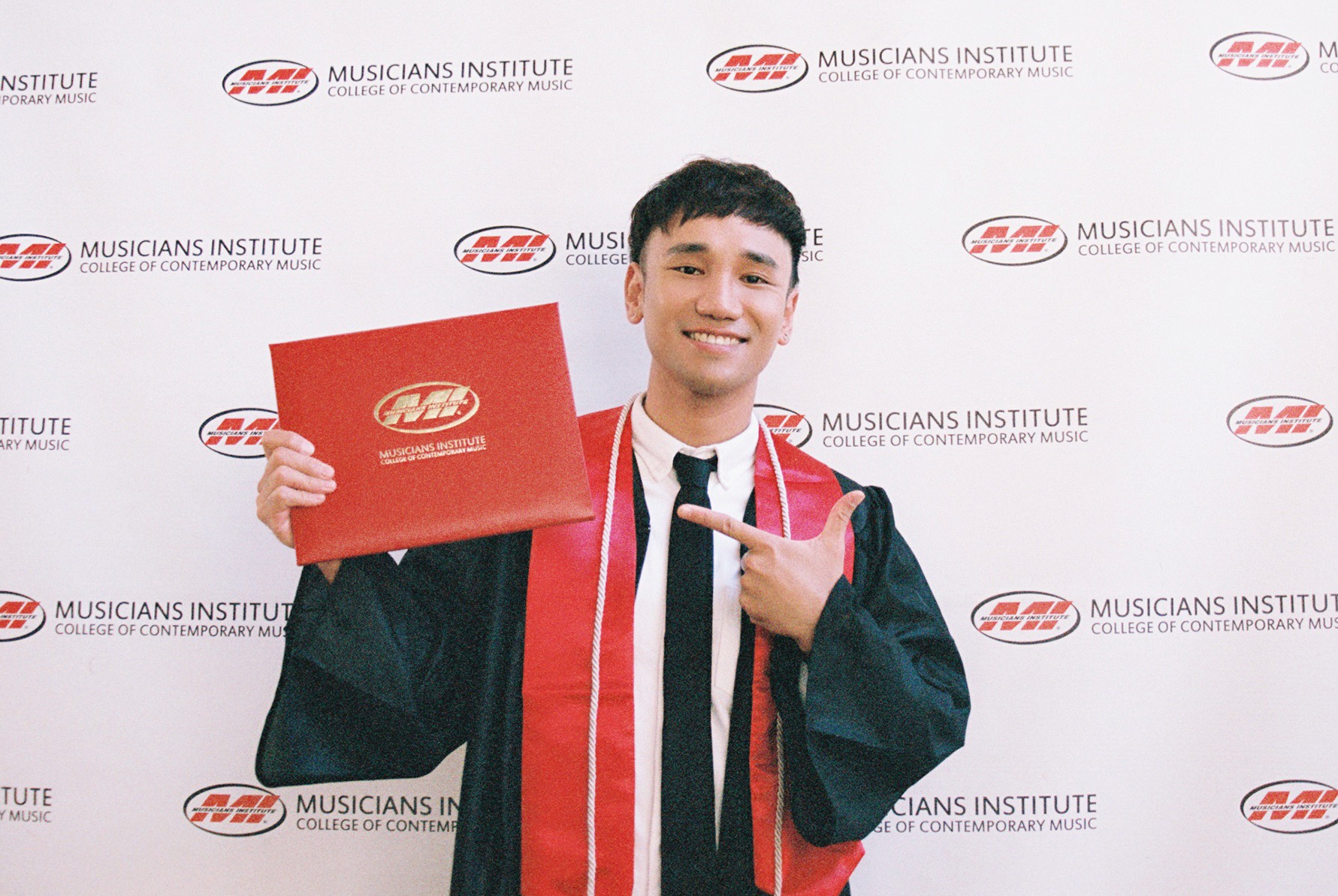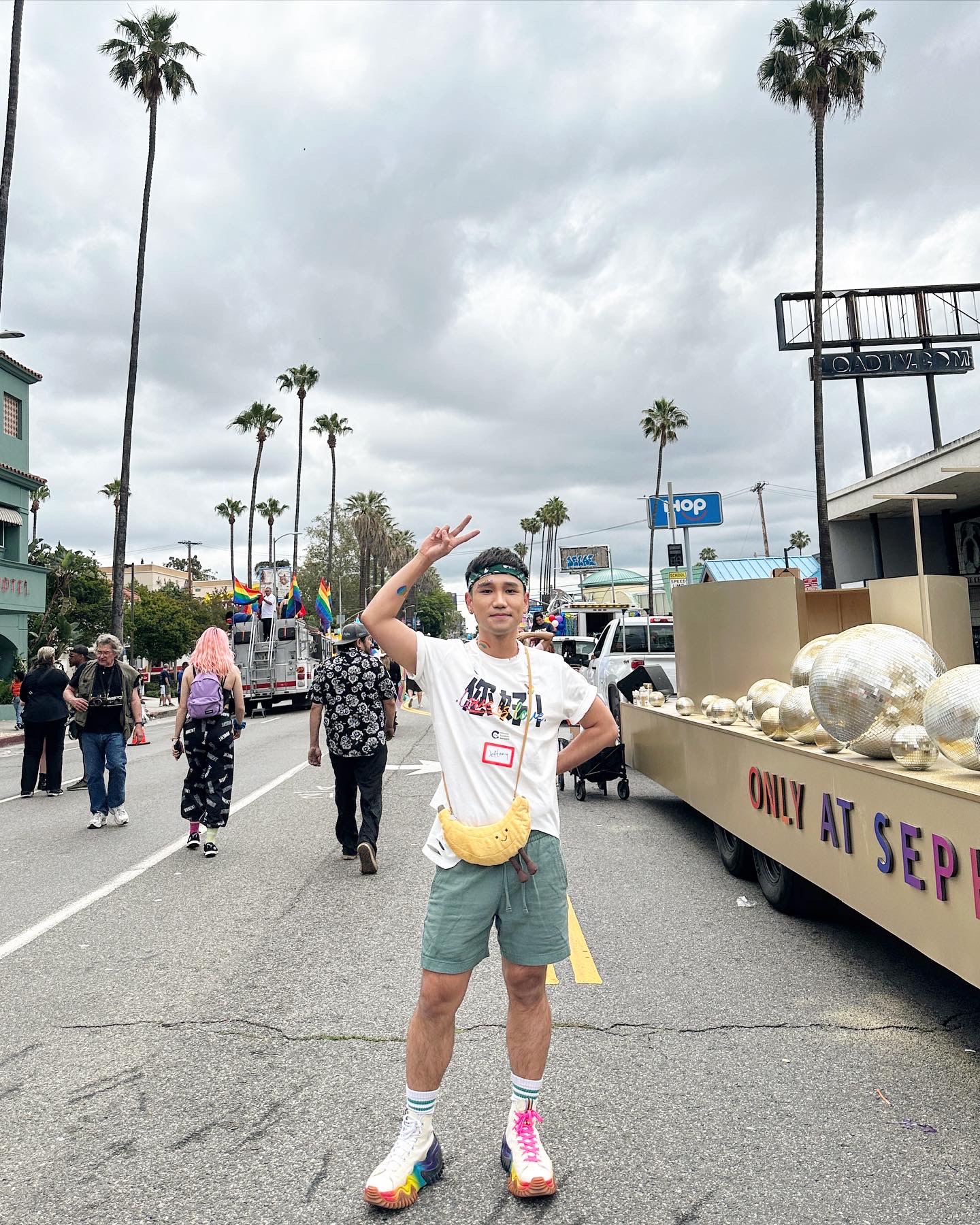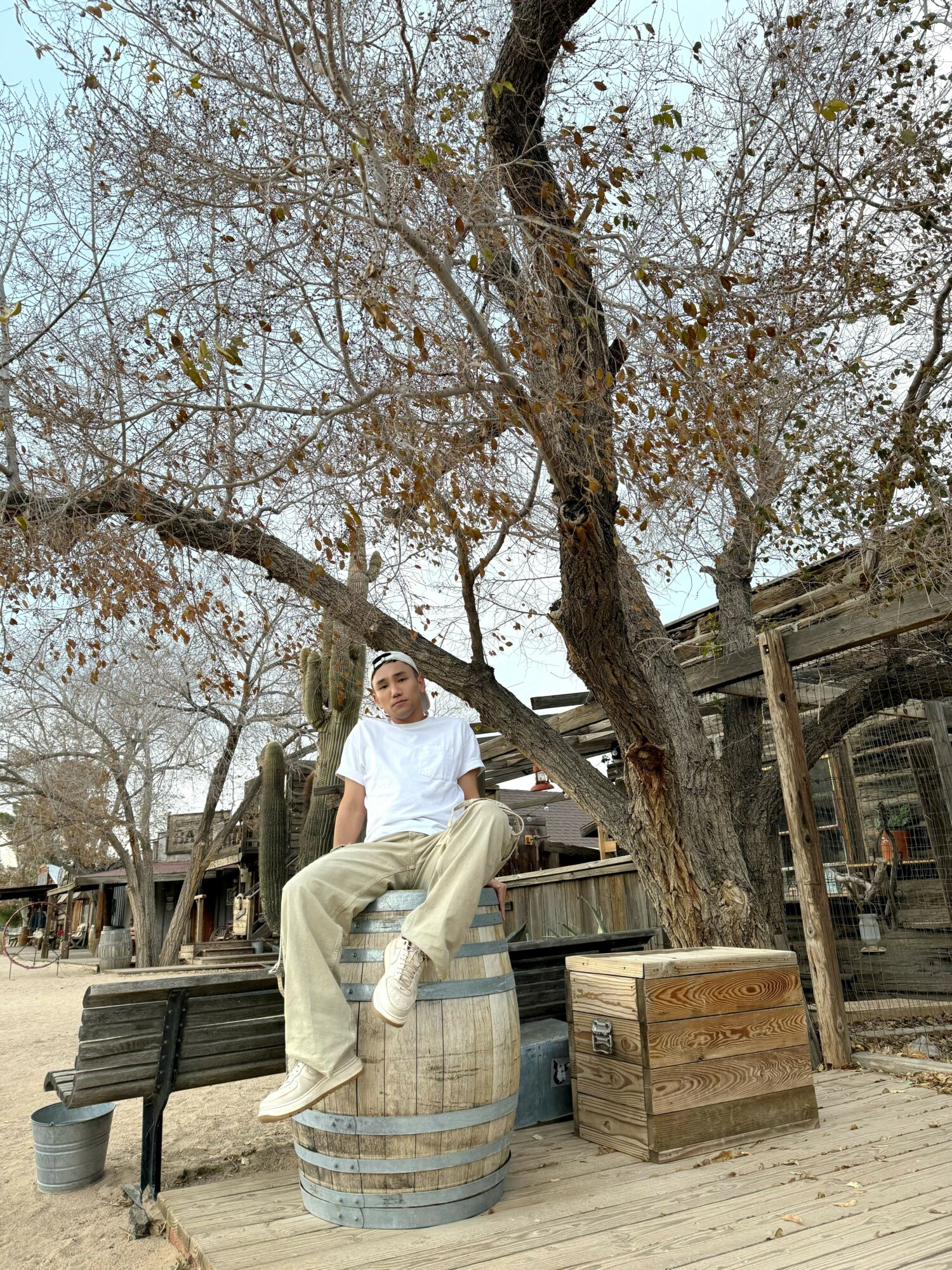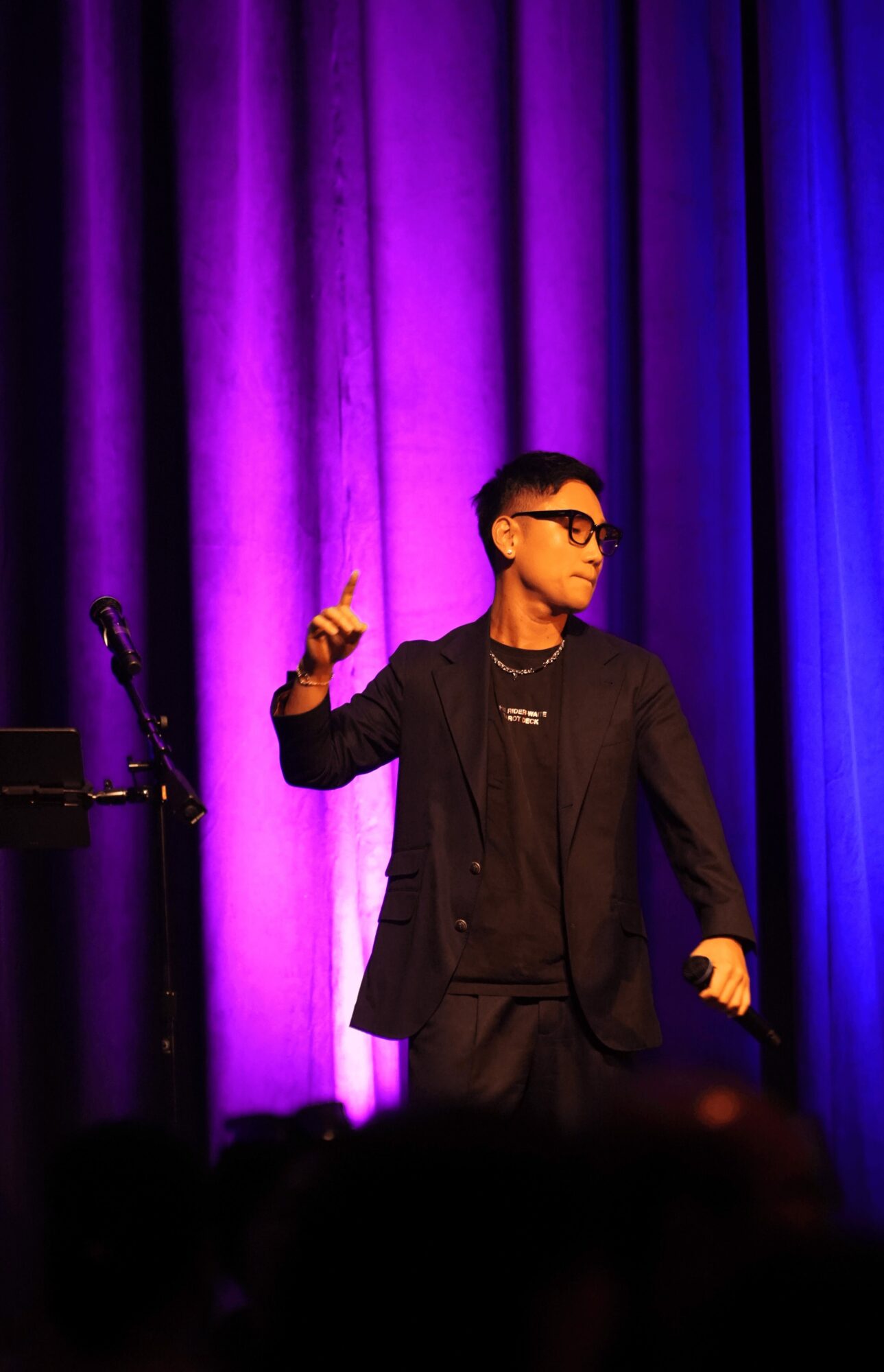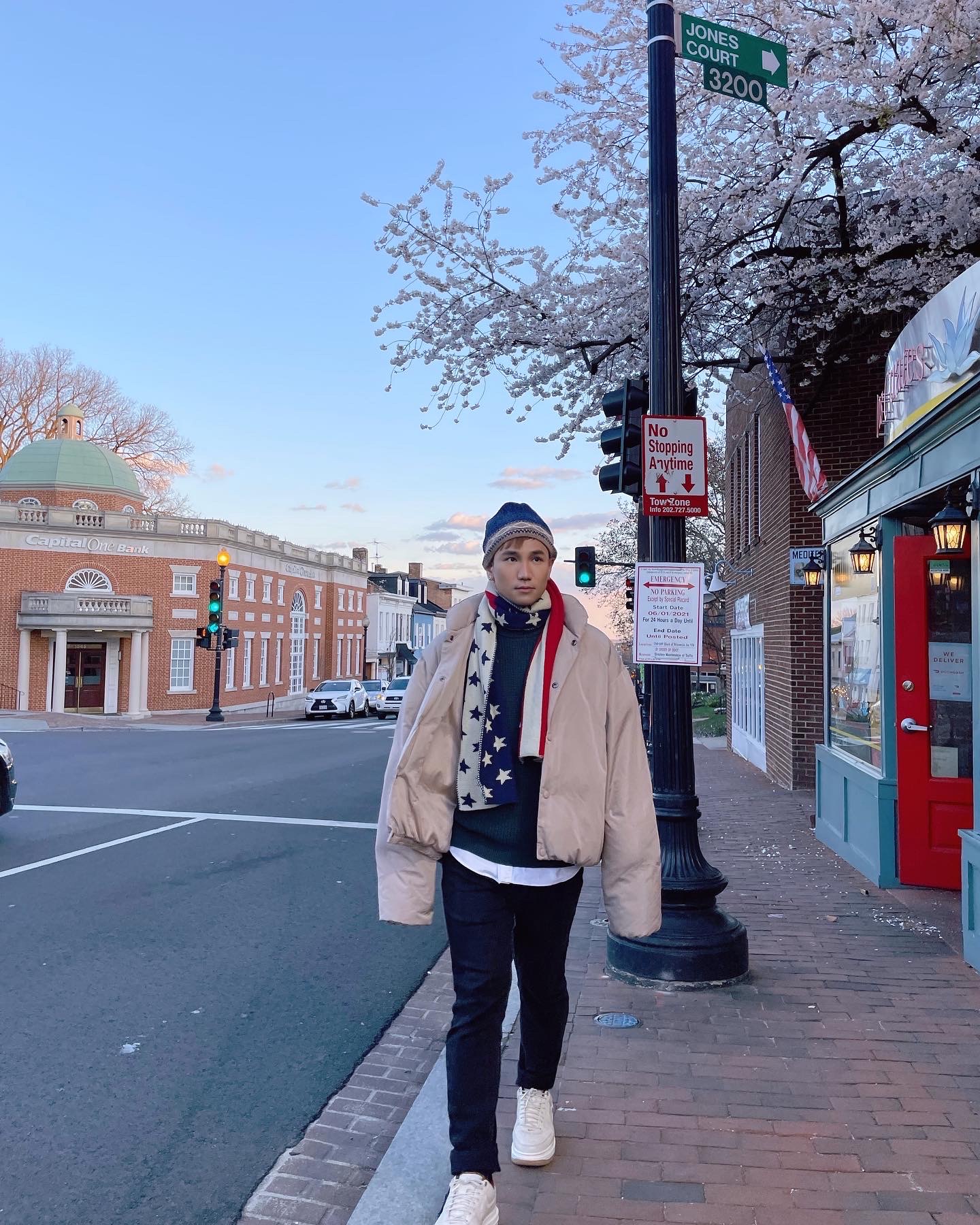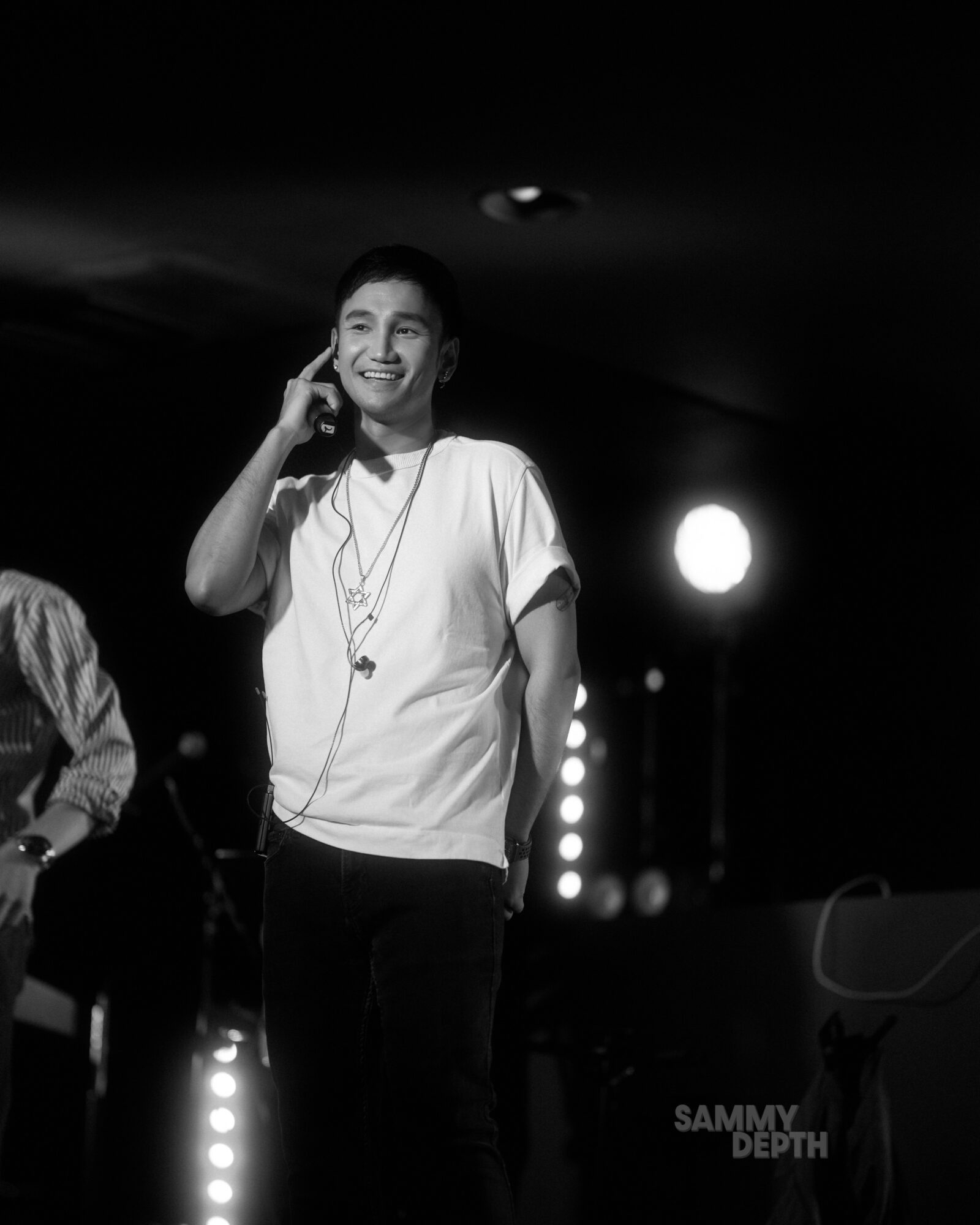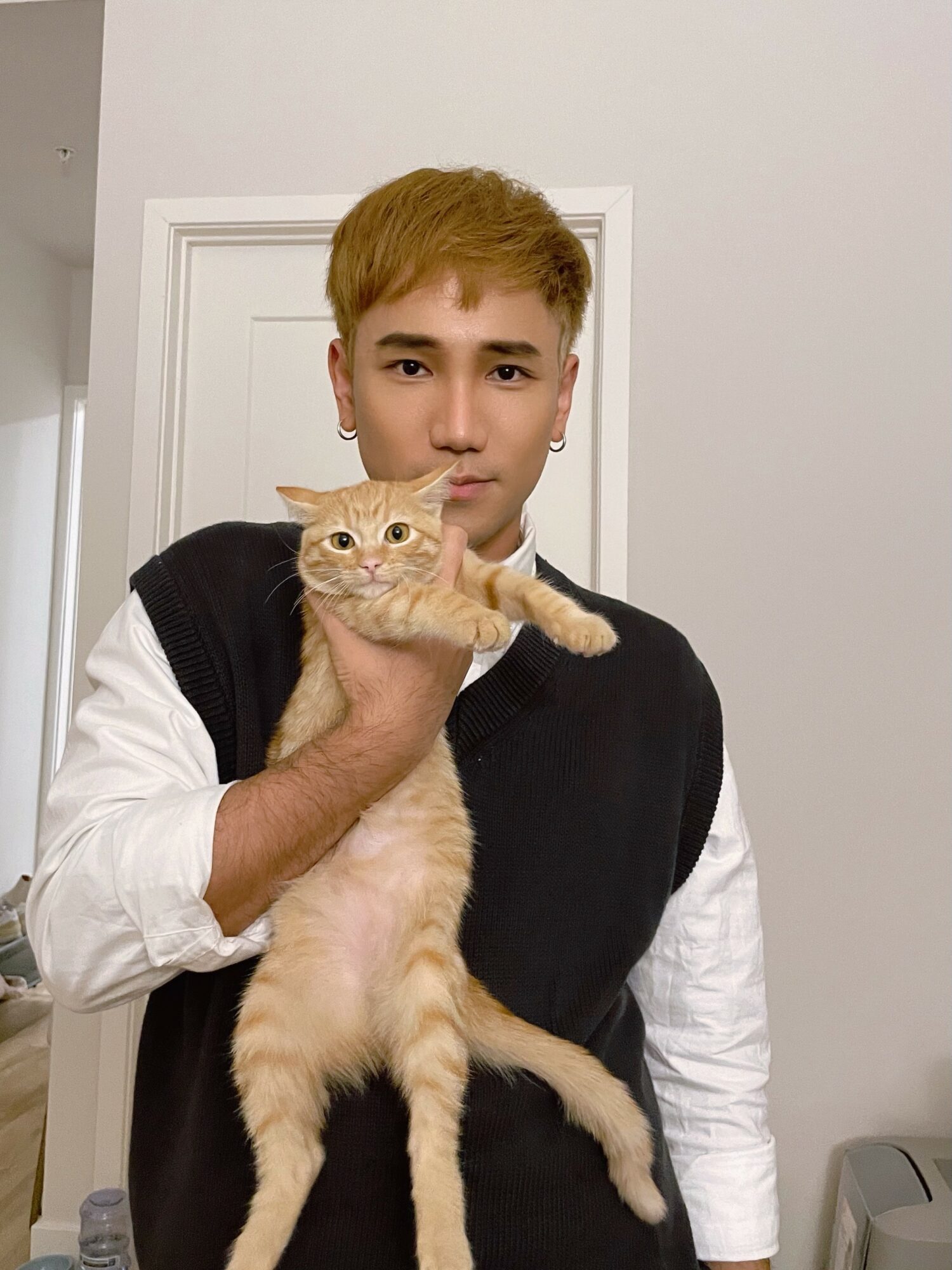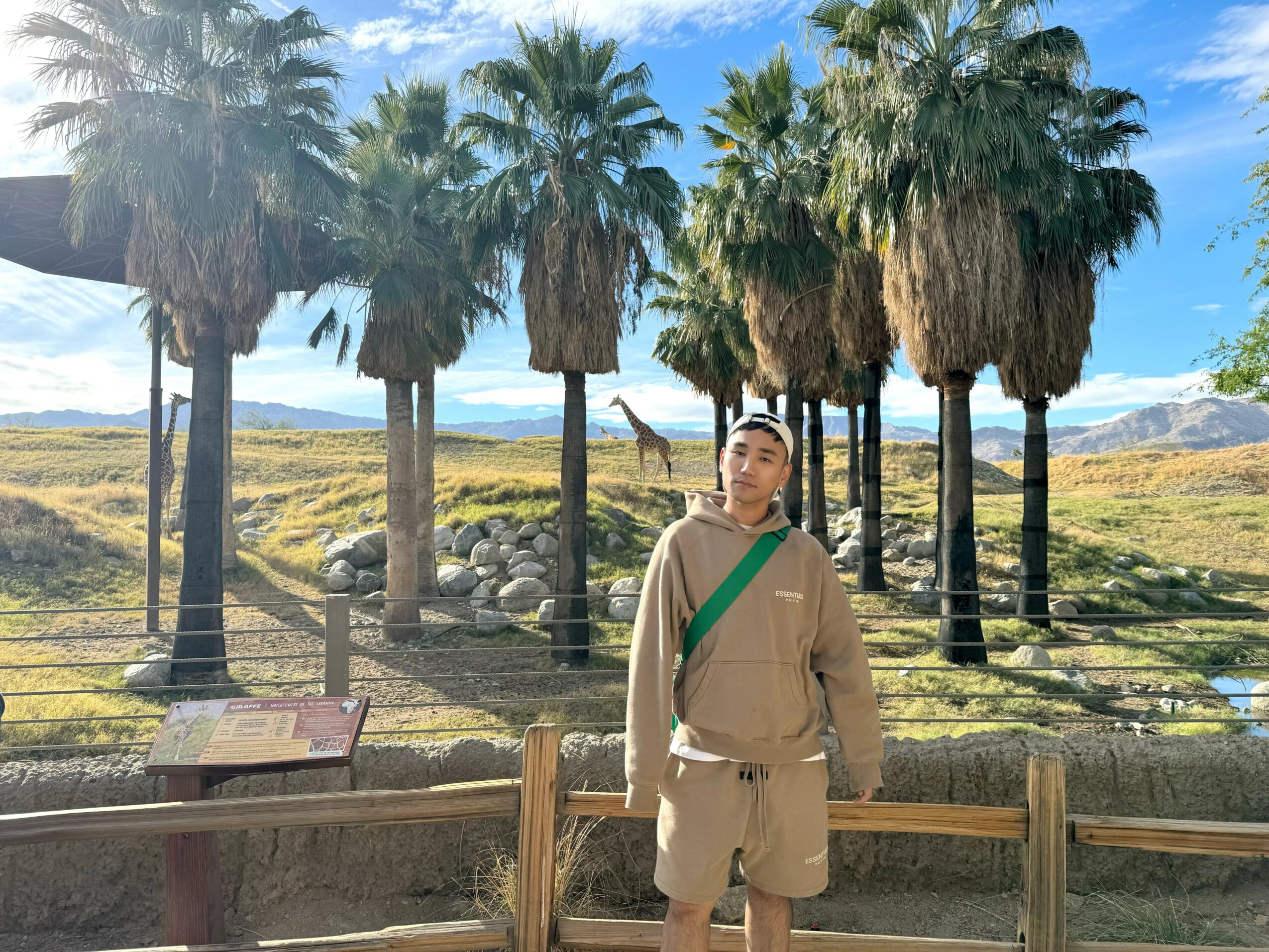

We recently had the chance to connect with Jeffery Tay and have shared our conversation below.
Good morning Jeffery , we’re so happy to have you here with us and we’d love to explore your story and how you think about life and legacy and so much more. So let’s start with a question we often ask: What is something outside of work that is bringing you joy lately?
Recently, I’ve gotten hooked on playing tennis. The reason is kind of funny — earlier this year I moved to a new place and discovered there are four tennis courts in the community, but they were often empty. I thought it was such a waste, so I hired a coach to learn tennis, and once I started, I just couldn’t stop. Now I’ve basically turned into a “tennis addict.”
Can you briefly introduce yourself and share what makes you or your brand unique?
My name is Jeffery, and I am both a musician and a music educator. With over 15 years of experience in music performance, I specialize in songwriting and have released three original albums. I have performed on stages of all sizes, both in China and internationally, and my works have earned multiple awards, including international recognition. As a singer, I have also appeared on many Chinese television programs.
In 2018, I moved to Los Angeles to pursue my graduate studies in music. After earning my degree, I began developing my career in the U.S., performing as a vocalist and instrumentalist in concerts, festivals, and live shows. Beyond the stage, I am dedicated to music education, teaching vocal, piano, music theory, ear training, and exam preparation for aspiring musicians. Some of my students have been admitted to Berklee College of Music and won gold medals in competitions.
Thanks for sharing that. Would love to go back in time and hear about how your past might have impacted who you are today. What did you believe about yourself as a child that you no longer believe?
I was born in a time of peace, during a period when China’s economy was rapidly rising. At that time, the two World Wars we read about in textbooks felt distant and irrelevant. During my student years, China joined the WTO, successfully bid for the Olympics, hosted both the Olympic Games and the World Expo. Society was advancing, and people’s lives were improving steadily. Nations were becoming increasingly interconnected, and there was a widespread belief that the world was moving toward becoming a “global village.” I firmly believed that the future would only bring greater progress, and that the outbreak of a Third World War was impossible.
However, I later came to realize that what I had seen as the beginning of a brighter future was, in fact, the pinnacle of global prosperity. Since then, history seems to have begun to move in reverse: the Russia–Ukraine war, the Israel–Palestine conflict, the pandemic, trade wars, terrorist attacks, along with unrest, poverty, famine, and natural disasters. These events have shaken my once unshakable faith and made it difficult to continue believing that the world is on a path of continuous improvement.
What have been the defining wounds of your life—and how have you healed them?
For many years, I believed that my deepest wounds came from my family of origin and my childhood. Growing up, my parents often showed favoritism toward my older brother, and I felt constantly treated unfairly. This planted the seeds of sensitivity and insecurity that followed me into adulthood. Their lack of healthy parenting methods and emotional expression left me without a sense of safety, torn between an intense longing for love and a fear of being hurt.
As I matured, I blamed nearly all of my emotional and psychological struggles on my parents’ mistakes. Whenever I felt inadequate, I would fall into the same cycle of thought: I am this way because of my family. If not for them, I would not be struggling now. Over time, this became a destructive loop—both the source of my inner conflict and an excuse that kept me stuck.
Eventually, through reading and watching countless psychology talks, I began to shift my perspective. I realized that running from my past or resenting it would never bring healing. Instead, I needed to face it, accept it, and look for ways to grow beyond it. One idea resonated deeply with me: to raise myself again, as if I were my own child. If my parents could not give me the love I needed, I could learn to give it to myself. After all, no one knows me better than I do; no one else understands as clearly what I need.
If we keep living in the past—dwelling on the love our parents withheld and seeking others to fill that void—we will never be whole. We place our happiness in someone else’s hands, making it fragile and uncertain. The truth is that the person best equipped to love us is ourselves. To care for ourselves as we would for our own child means responding with compassion, protection, and care.
Think of it this way: if your child fell ill, you would worry immediately and take them to a doctor. Yet in the past, when I did not love myself, I would neglect my own health, endure the pain, and let it worsen—only to sink back into the familiar narrative of “no one cared for me then, and no one cares for me now.” That was nothing more than a tragic story I kept rewriting for myself.
Now I see that such self-neglect was foolish. Healing begins when we stop waiting for the love we never received and start offering it to ourselves. By becoming our own source of care, we free ourselves from the cycle of blame and finally step toward a more compassionate, fulfilling life.
Alright, so if you are open to it, let’s explore some philosophical questions that touch on your values and worldview. What’s a belief you used to hold tightly but now think was naive or wrong?
I used to believe that success was defined by others. Your knowledge was measured by your education, your expertise was proven by awards and certificates, and your success in life was validated by wealth. Whether you were a good son was judged by your parents. In other words, the standard of success was never yours to decide—it was set by others.
Over time, however, I began to break away from this mindset. We cannot live our whole lives trapped in the evaluations of others, nor should we betray our own hearts just to meet the so-called standards of the world. Many people who achieved fame, wealth, and recognition—those society considered unquestionably successful—ultimately left this world in tragic ways. For them, was that truly a successful life? I fear not.
In the past, I would often please others in order to get what I wanted, but the cost was losing many other things along the way. Now I believe that real success lies not in pleasing others, but in being able to please myself.
Okay, so before we go, let’s tackle one more area. What will you regret not doing?
If I had never chosen music, never stepped out of my small hometown, never pursued a place at a music conservatory, or crossed the Pacific to a land completely unknown to me—if I had never embraced experiences that few people will ever encounter—I would not be the person I am today. And I know, deep down, I would have carried regret for the rest of my life.
Contact Info:
- Instagram: Jeffery Tay
- Facebook: Jeffery Tay
- Youtube: @Jefferytaymusic
- Soundcloud: Jeffery Tay
- Other: TikTok: Jeffery Tay
Spotify: Jeffery Tay
Apple Music: Jeffery Tay

